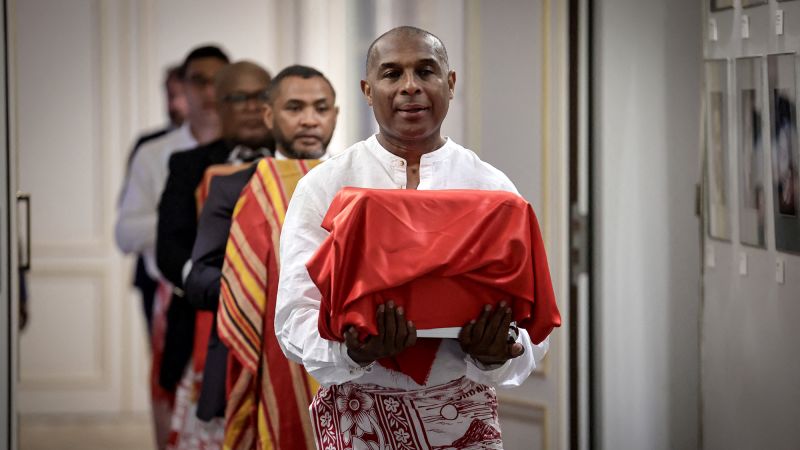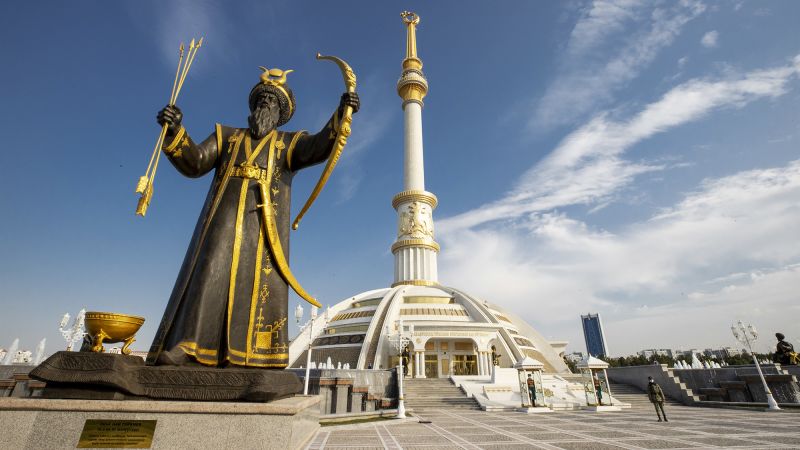
France Repatriates Skulls to Madagascar After Century-Long Absence
Culture | 8/27/2025
France has repatriated three skulls to Madagascar, marking the return of these remains over a century after their removal. Among the skulls is one thought to belong to a 19th-century Malagasy king who faced execution by French forces. The act of returning these remains underscores a complex historical legacy between France and its former colonies.
The repatriation signals a step towards addressing historical injustices stemming from the colonial era. A White House official stated, “This return of the skulls signifies a recognition of past wrongs and a commitment to reconciliation.” The move aligns with growing global efforts to confront colonial legacies and promote restorative justice.
The return of the skulls to Madagascar is part of a broader discussion around the restitution of cultural heritage taken during colonial rule. Legal experts emphasize the significance of such repatriations in acknowledging historical wrongs and fostering healing. The act also highlights the ongoing debate over the ethical treatment of human remains in museums and collections worldwide.
While the repatriation has been hailed as a positive development by advocates for decolonization, it has also sparked debate. Some argue that more extensive reparations and acknowledgments of colonial atrocities are necessary to address the deep-rooted impacts of past injustices. Calls for further actions to address historical grievances persist amid this symbolic gesture of returning the skulls.
The repatriation of the Malagasy king’s skull serves as a poignant reminder of the complex and often painful history shared between France and its former colonies. As nations grapple with confronting their colonial pasts, the return of these remains represents a small yet significant step towards reconciliation and historical reckoning.


